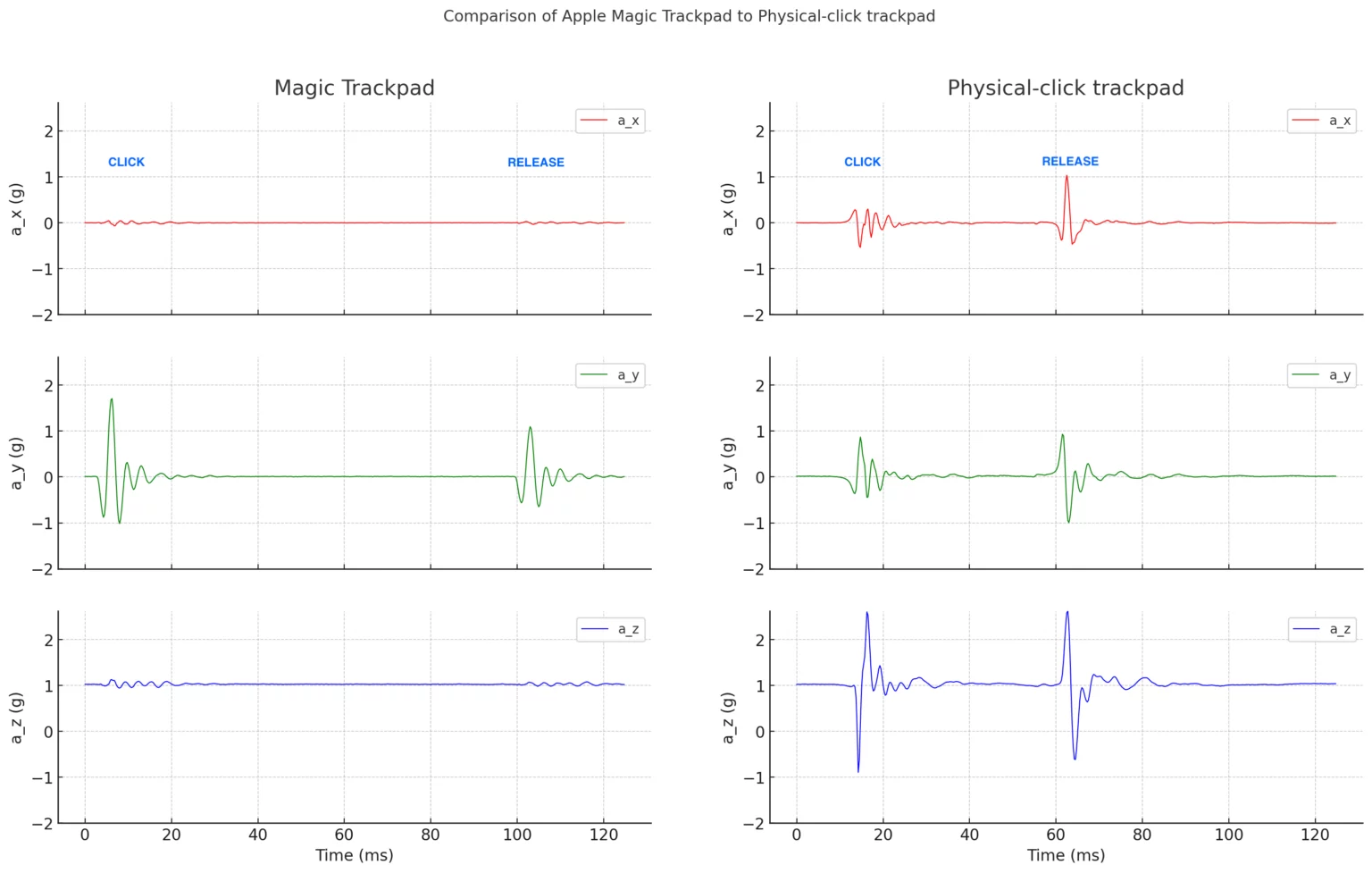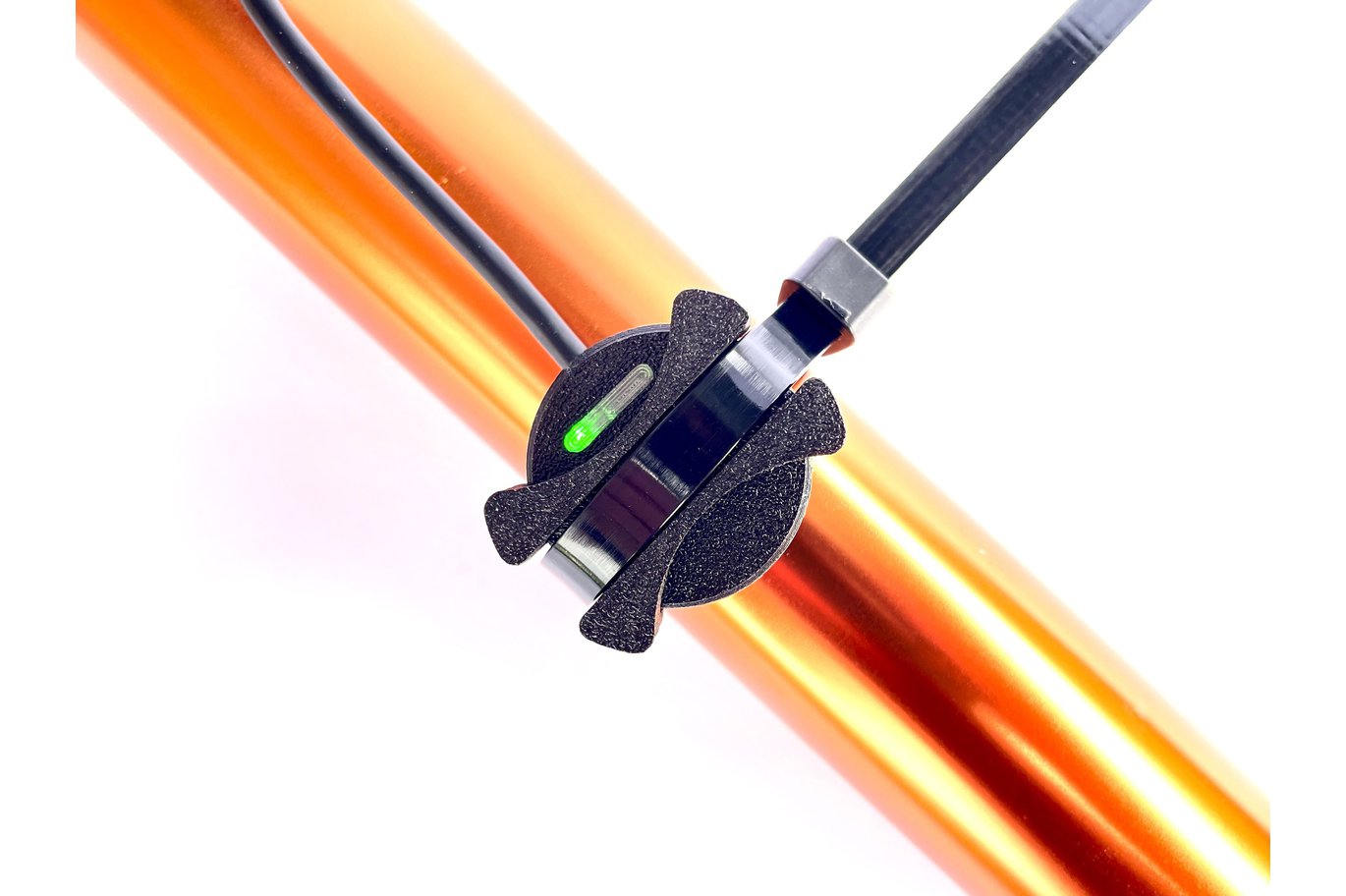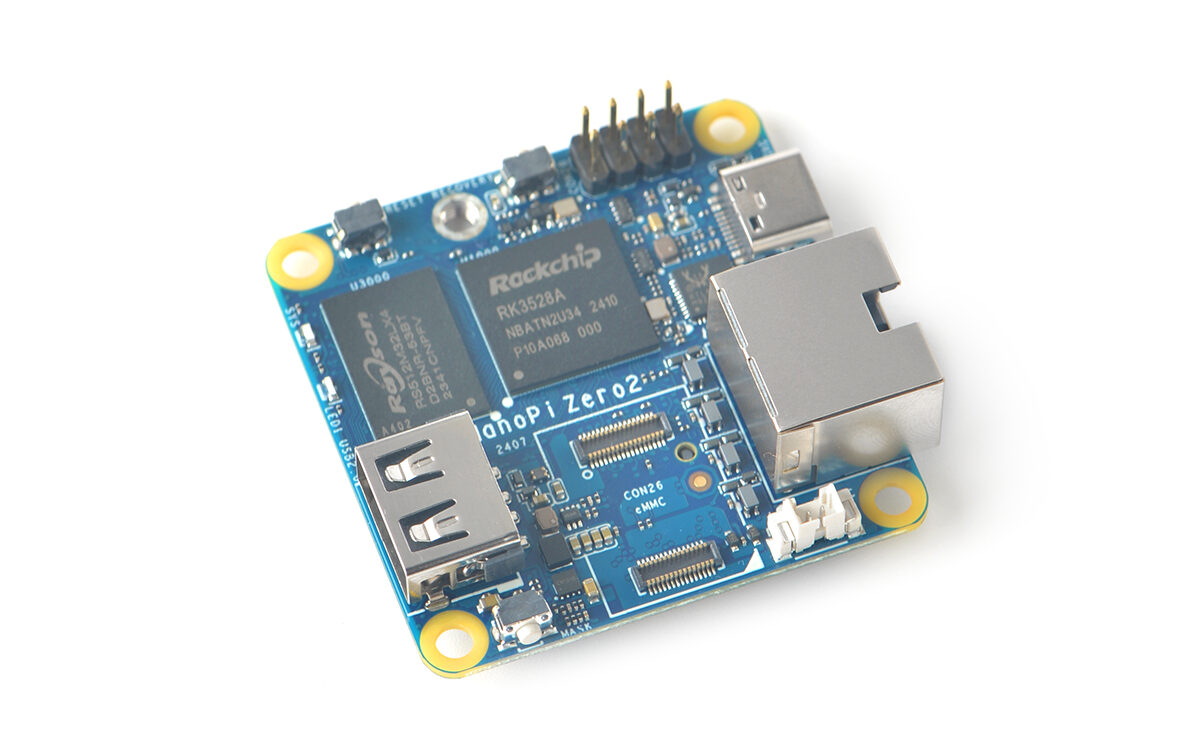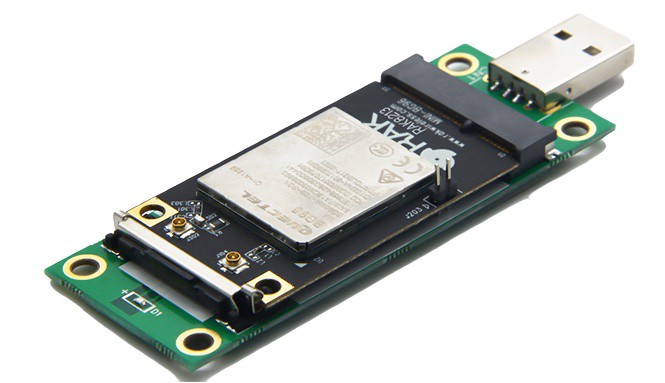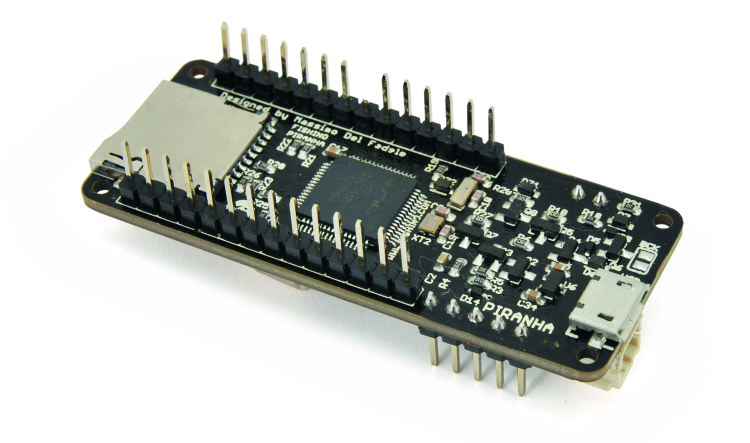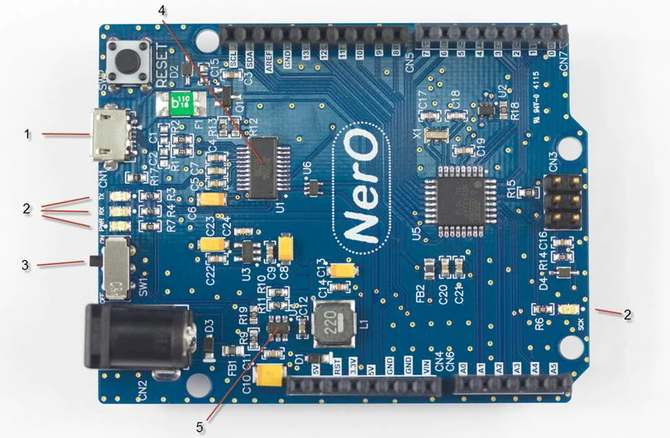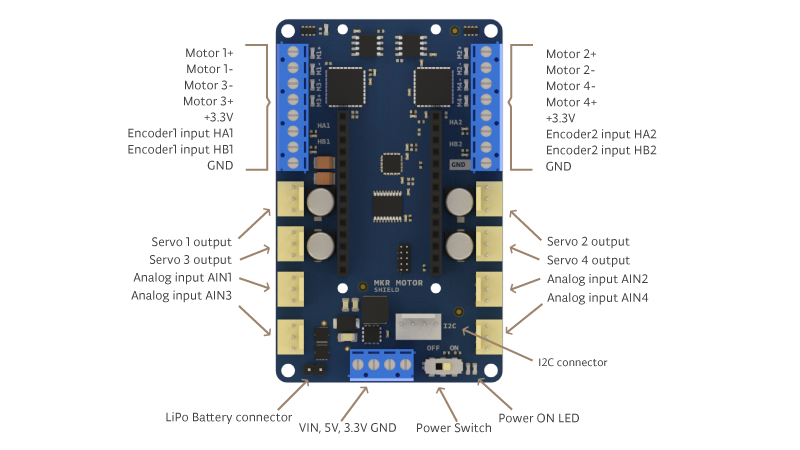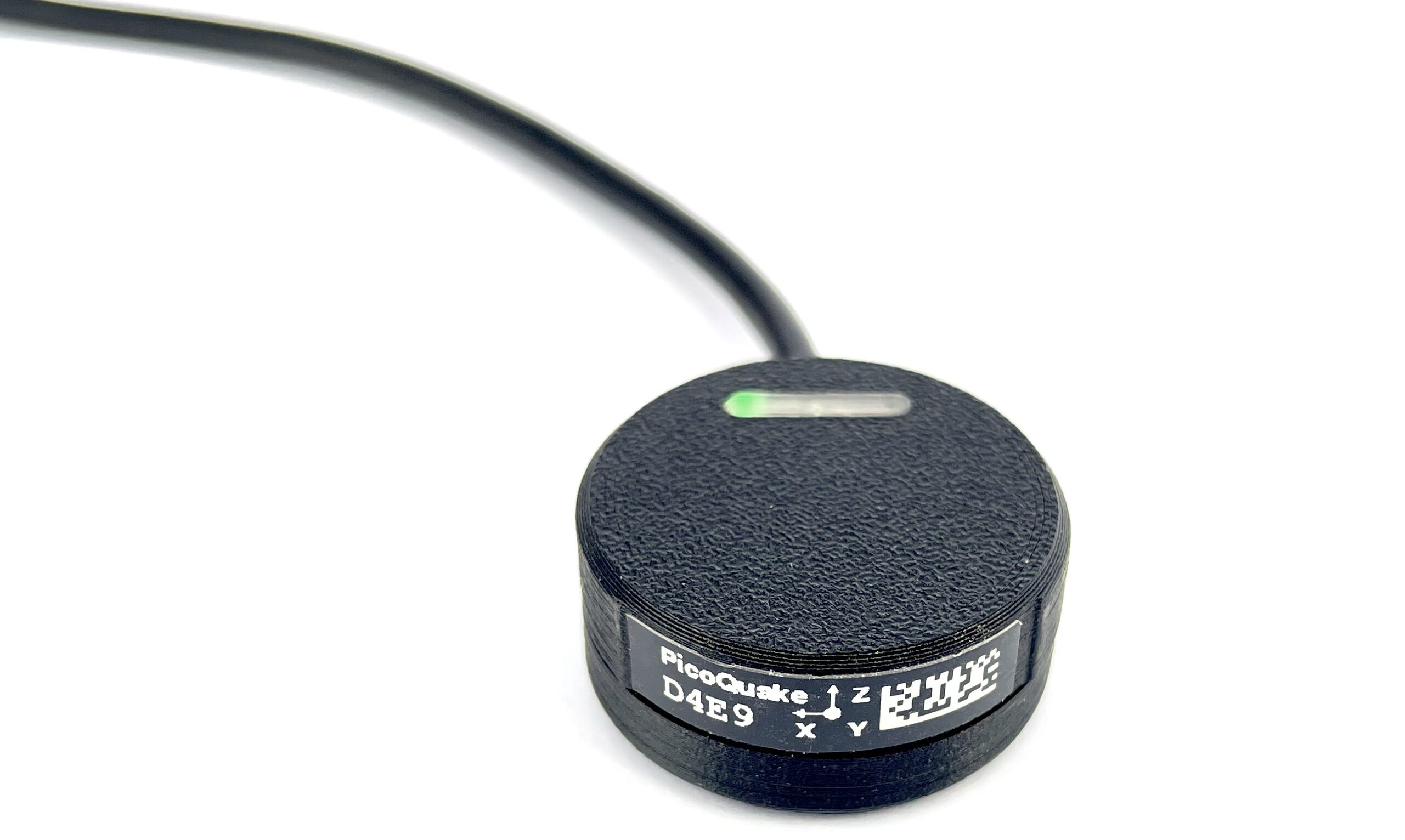
PicoQuake Vibration Sensor – An Open Source Device built Around Raspberry Pi’s RP2040 MCU
PicoQuake Vibration Sensor is a sensor that is designed to measure a wide range of frequencies, making it suitable for monitoring everything from swaying buildings to vibrating machinery. The unique thing about this sensor is that it’s open-sourced and can operate via a USB as a standalone device.
PicoQuake, a new vibration sensor from Slovenian maker PLab, is built on a Raspberry Pi RP2040 microcontroller and a TDK InvenSense ICM-42688-P low-noise inertial measurement unit. This combination allows it to accurately measure even very small vibrations, making it suitable for applications like optimizing electric motor vibrations, tracking trackpad clicks, and predictive maintenance.
Priced at $59, PicoQuake is a more affordable option compared to similar devices. It’s compatible with Linux, Mac, and Windows, and features open-source firmware available on GitHub. Its Python driver includes both a command-line interface and an API, enabling easy integration and customization for various projects.
PicoQuake Vibration Sensor Specifications
- MCU: Raspberry Pi RP2040 dual-core Cortex-M0+ MCU @ 133 MHz with 264 KB SRAM
- IMU Sensor: ICM-42688-P
- Accelerometer Ranges: +-2 g, +-4 g, +-8 g, +-16 g
- Gyro Range: up to +-2000 dps
- Sample Rate: 12.5 Hz to 4000 Hz
- Configurable Low Pass Filter: 42 Hz to 3979 Hz (Second Order)
- Connectivity: USB 2.0 Full Speed 12 Mbps CDC via USB Type-C
- Power Requirement: 5 V, 50 mA
- Cable Length: 1.8 m
- Noise Performance (Low Noise Configuration):
- X-axis noise: 0.43 mg RMS
- Y-axis noise: 0.46 mg RMS
- Z-axis noise: 1.17 mg RMS
- Noise Performance (Full Performance Configuration):
- X-axis noise: 1.88 mg RMS
- Y-axis noise: 2.21 mg RMS
- Z-axis noise: 2.57 mg RMS
- Dimensions: 30 mm x 13 mm
The PicoQuake Vibration Sensor is priced at $59 which is a budget-friendly vibration sensor with open-source firmware available on GitHub. The company also mentions that the sensor is compatible with Linux, Mac, and Windows, it offers a Python driver with both CLI and API for easy integration and customization. more information about this product can be found on the PicoQuake website.




